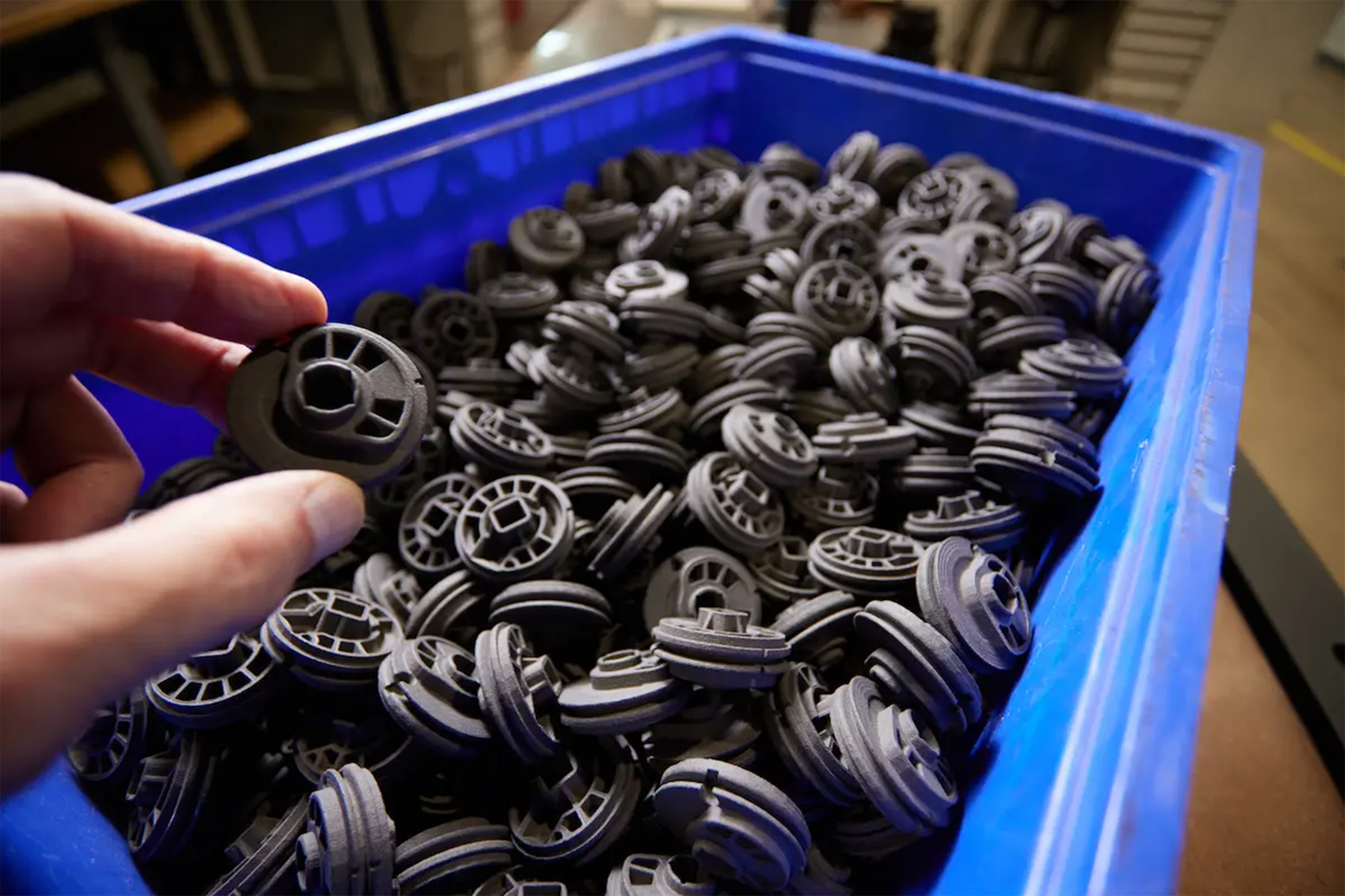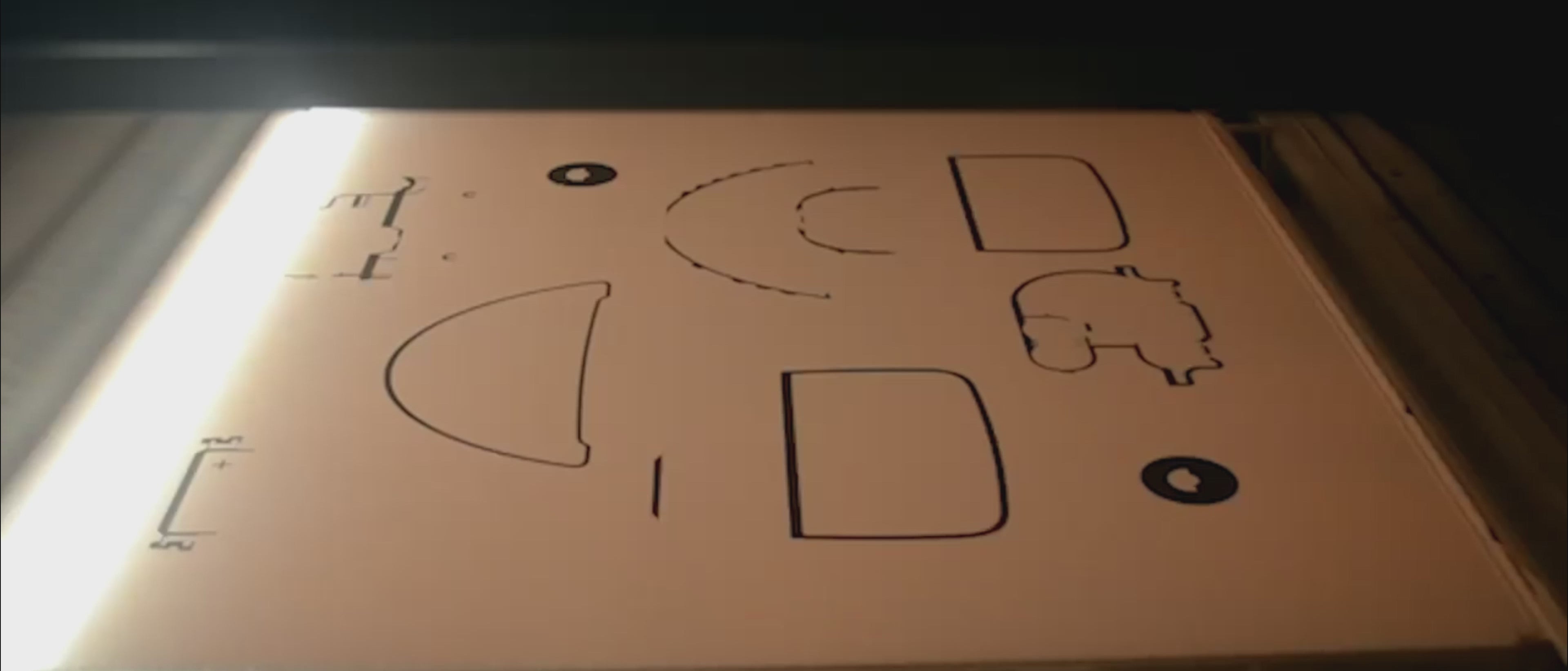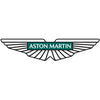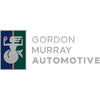
Production 3D Printing
RYSE 3D delivers production-volume 3D printing for manufacturers and engineers who need repeatable, end-use polymer parts fast. Using HP Multi Jet Fusion (MJF) and industrial FDM systems, we produce thousands of components with consistent accuracy, strength, and surface quality, all made in the UK. From short runs to full-scale production, our service removes tooling costs and cuts lead times to just 1-3 days, helping you bring products to market faster, cheaper, and more sustainably.

Can 3D Printing Work for Me in Production?
Absolutely! 3D printing isn’t just for prototypes anymore. At RYSE 3D, we help manufacturers use additive manufacturing as a true production process delivering repeatable, high-performance polymer parts at scale.
Our advanced HP Multi Jet Fusion (MJF) and industrial FDM systems produce parts that match or exceed the strength, dimensional accuracy, and finish of traditional injection moulded components without the cost, tooling, or long lead times.
Whether you need 10 parts or 10,000, our process ensures:
- Consistent quality and material performance across every batch
- Rapid iteration without tooling delays or minimum order quantities
- Sustainable production with less waste and lower embedded carbon
- Full traceability and inspection, made entirely in the UK
In short, if your goal is to reduce cost, speed up development, and manufacture smarter, then yes, 3D printing absolutely works for production.
Trusted by World Leading Brands
⚙️ 3D Printing vs Injection Moulding - Key Benefits
No Tooling Costs
3D printing eliminates the need for expensive steel or aluminum moulds, saving thousands in upfront investment especially valuable for low- to mid-volume production.
Rapid Lead Times
Parts can be produced in 1–3 days, compared to 4–12 weeks for tooling and moulding setup. Ideal for agile production, prototypes, or bridge manufacturing.
Easy Iteration & Customisation
Design changes can be implemented instantly with no retooling cost perfect for iterative development or personalised products.
Cost-Effective for Low to Mid Volumes
When producing tens or hundreds of parts, 3D printing is often far cheaper than injection moulding due to the absence of tooling and setup costs.
Sustainable Manufacturing
Additive manufacturing uses only the material needed dramatically reducing waste and enabling on-demand, localised production with a smaller carbon footprint.
Consistent Quality & Repeatability
Modern industrial systems like HP Multi Jet Fusion (MJF) and FDM deliver tight tolerances, stable mechanical properties, and batch-to-batch consistency suitable for end-use parts.
Reduced Supply Chain Risk
UK-based digital production avoids overseas tooling, shipping delays, and inventory storage helping you manufacture closer to demand.
Lightweight, High-Strength Materials
Advanced polymers such as PA12-CF, PA6-CF, and PA11 provide metal-like stiffness, thermal resistance, and durability ideal for functional components.
Faster Time to Market
3D printing compresses the design–to–production cycle, letting you test, validate, and launch products weeks or months ahead of traditional manufacturing.
PPAP Approved Automotive Parts
Production 3D Printers
Materials Available
Average Delivery from Order
FAQs
Can 3D printing really be used for production parts?
Yes. Modern 3D printing is no longer limited to prototypes. At RYSE 3D, our HP Multi Jet Fusion (MJF) and industrial FDM systems produce repeatable, end-use polymer parts that rival injection moulding for strength, accuracy, and surface quality. Many OEMs now use additive manufacturing for tooling, fixtures, and full-scale production runs.
What volumes make sense for production 3D printing?
3D printing is most cost-effective for low to mid-volume manufacturing typically from 10 to 10,000 parts. It eliminates tooling costs, making it ideal for bridge production, limited editions, or frequent design changes. For larger volumes, injection moulding can become more economical once tooling is amortised.
How consistent is part quality across batches?
Extremely consistent. Our production workflows are tightly controlled, with calibrated machines, validated materials, and digital inspection to ensure batch-to-batch repeatability. HP MJF technology delivers isotropic properties and uniform density, ensuring every part meets the same dimensional and mechanical standards.
Which materials are suitable for production 3D printing?
RYSE 3D offers a range of engineering-grade polymers, including:
- PA11 – flexible, sustainable, impact-resistant
- PA12 & PA12-CF – strong, stable, and production-ready
- PA6-CF – high stiffness and heat resistance
- ASA & PETG – for durable, weatherable parts
These materials are ideal for automotive, aerospace, consumer, and industrial applications.
How fast can production parts be delivered?
Speed is one of 3D printing’s biggest advantages. Once your design is approved, RYSE 3D can produce and ship parts in as little as 1–3 days compared to 4–12 weeks for injection moulding. That means faster validation, faster production, and faster time to market.






